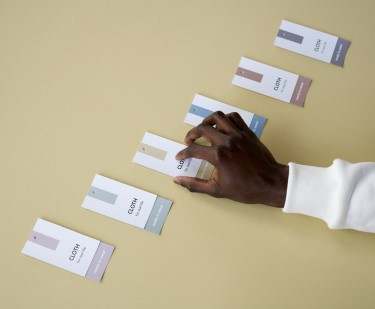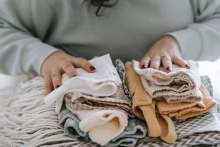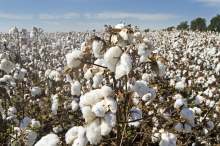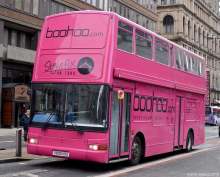A new generation of fast-fashion brands - targeted primarily at Gen Z - are pushing fashion faster, while making unsubstantiated, greenwashed claims to encourage them to buy extremely cheap clothes. These included SHEIN, the most talked about brand on TikTok and YouTube in 2020.
The effect of this is to exploit the good intentions of Gen Z, who cite climate change and protecting the environment as their number one concern, according to a recent survey from Deloitte.
The impact of these new market players risks undoing years of work by more established retailers to improve their environmental impact and increase transparency on ethical practices including supply chain and workers’ rights.
SHEIN has been particularly guilty of this.
Ethical issues with SHEIN
The brand boasts a “strictly no animal” policy on its website. While it may not appear to use real leather or fur, we found items made from down, silk and wool, with no accompanying policies in relation to the sourcing of these materials.
We know today’s young people are the most environmentally-conscious to date. SHEIN’s “strictly no animal” policy, which the brand boasts on its website, was found to be patently false as we discovered numerous animal-derived products sold on its site - clearly showing the brand intends to exploit Gen Z’s good intentions.
The company promotes synthetic fabrics such as “faux leather” or “wool look”, to assuage consumers’ guilt relating to the use of animal products, but these synthetic materials are environmentally damaging to produce and difficult to dispose of.
Synthetic fabrics such as acrylic, elastane, nylon and polyester are derived from fossil fuels. These plastic materials also shed plastic microfibres, which find their way into the environment, the sea, and even our bodies.
Of course SHEIN is not alone, other companies that received the ‘Worst’ rating for pollution and toxics include Boohoo, I Saw it First, In the Style, Missguided, and QUIZ.







